Any dog owner knows the challenge of resisting those pleading eyes when your furry friend watches you munch on a snack. While it’s tempting to share, not all human foods are safe for dogs—what foods are good for dogs to eat can make a big difference in their health. Some human treats provide excellent nutrition, while others pose serious risks. For more insights on what foods are good for dogs to eat, check out our detailed guide.
The key is moderation, considering your dog’s size, allergies, and diet. Always consult a veterinarian for personalized advice, especially if your pup has health issues. High-quality dog foods often incorporate safe human ingredients like vegetables for added benefits. In this article, we’ll explore nutritious human foods that are perfectly fine for dogs, along with ones to strictly avoid.
Safe Human Foods for Dogs
Carrots
Carrots top the list of what foods are good for dogs to eat, packed with fiber, biotin, potassium, and beta-carotene that converts to vitamin A. This nutrient supports eye health by helping convert light into brain signals, improving vision in dim conditions. Vitamin A also bolsters the immune system and promotes shiny skin and coat—many premium wet dog foods include carrots for these reasons.
Beyond nutrition, the crunch of raw carrots acts like a natural toothbrush, reducing plaque and tartar buildup.
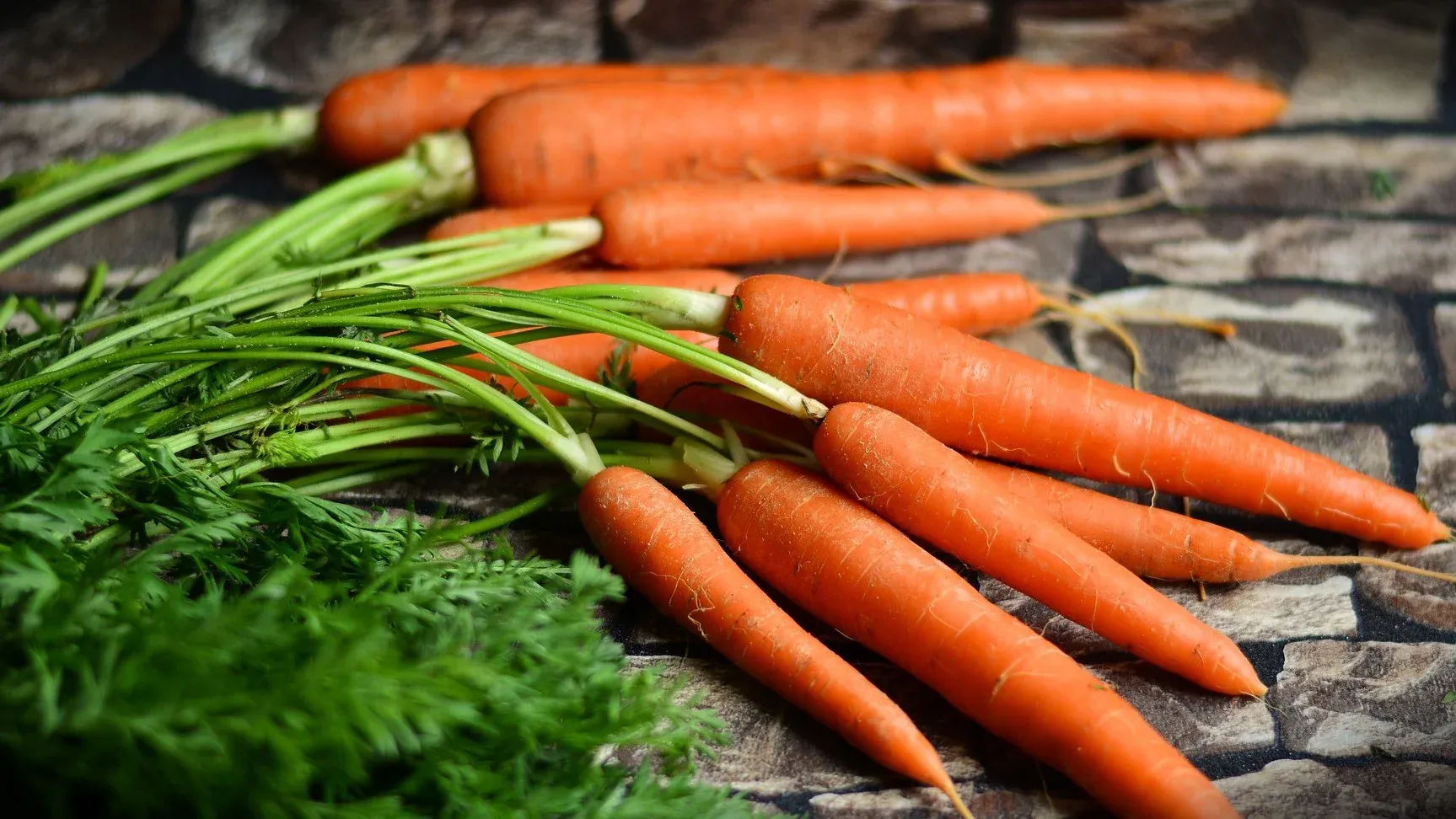 Fresh carrots beneficial for dog eye health and teeth
Fresh carrots beneficial for dog eye health and teeth
Pumpkin
Pumpkin is another excellent choice among human foods safe for dogs, rich in fatty acids essential for healthy skin and coat. Its antioxidants and minerals aid digestion, making it a common ingredient in quality dog foods for upset stomachs.
Feed plain canned or cooked pumpkin sparingly to support gut health without added sugars or spices.
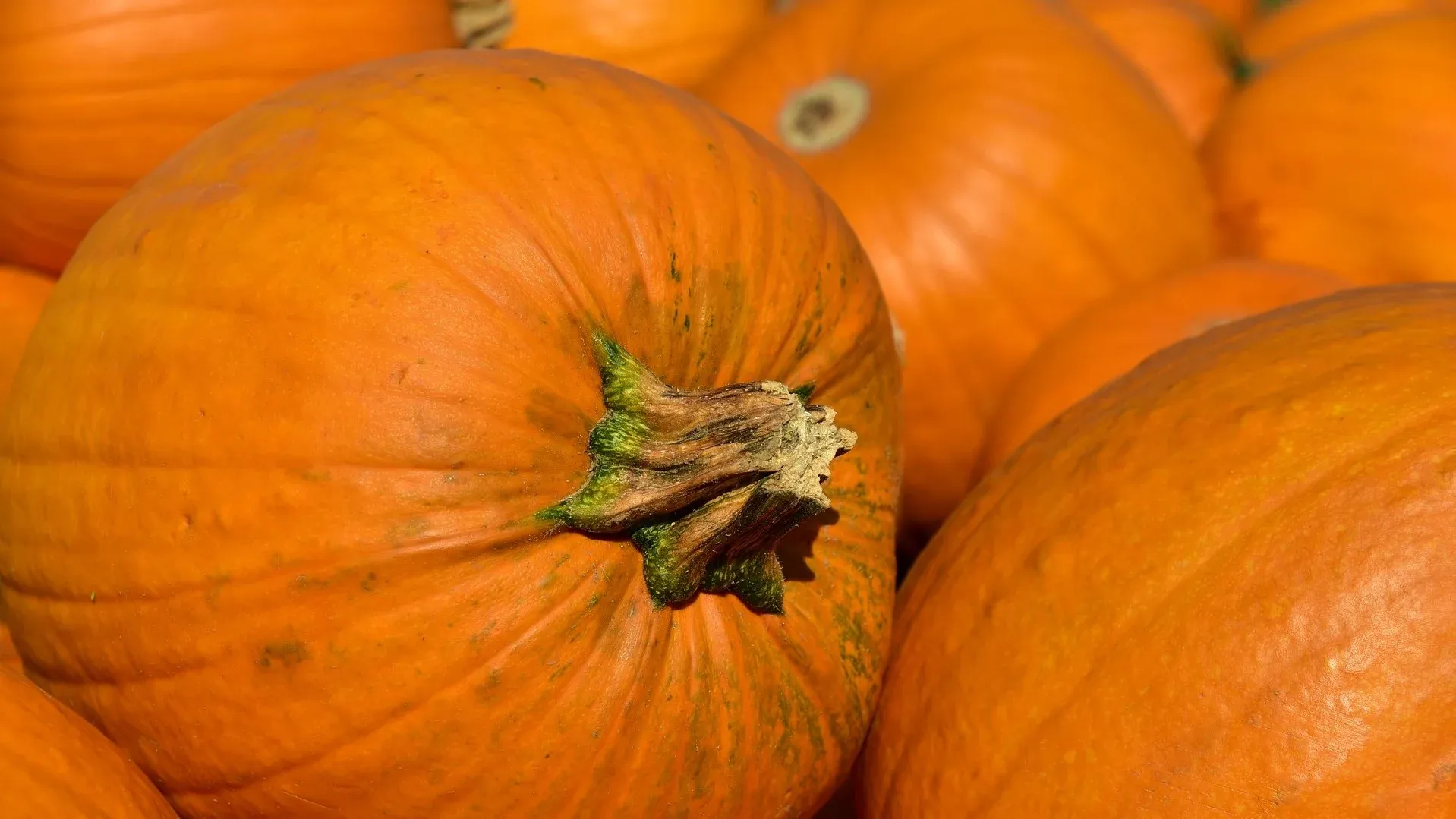 Pumpkin pieces ideal for dog digestion and coat health
Pumpkin pieces ideal for dog digestion and coat health
Sweet Potatoes
Sweet potatoes are a fantastic, low-fat snack when asking what foods are good for dogs to eat. High in dietary fiber, vitamins B6 and C, they promote digestive regularity—often featured in functional dog dry foods.
Bake or boil them plain, and for fun, stuff a hollowed sweet potato with kibble and freeze it as a long-lasting toy.
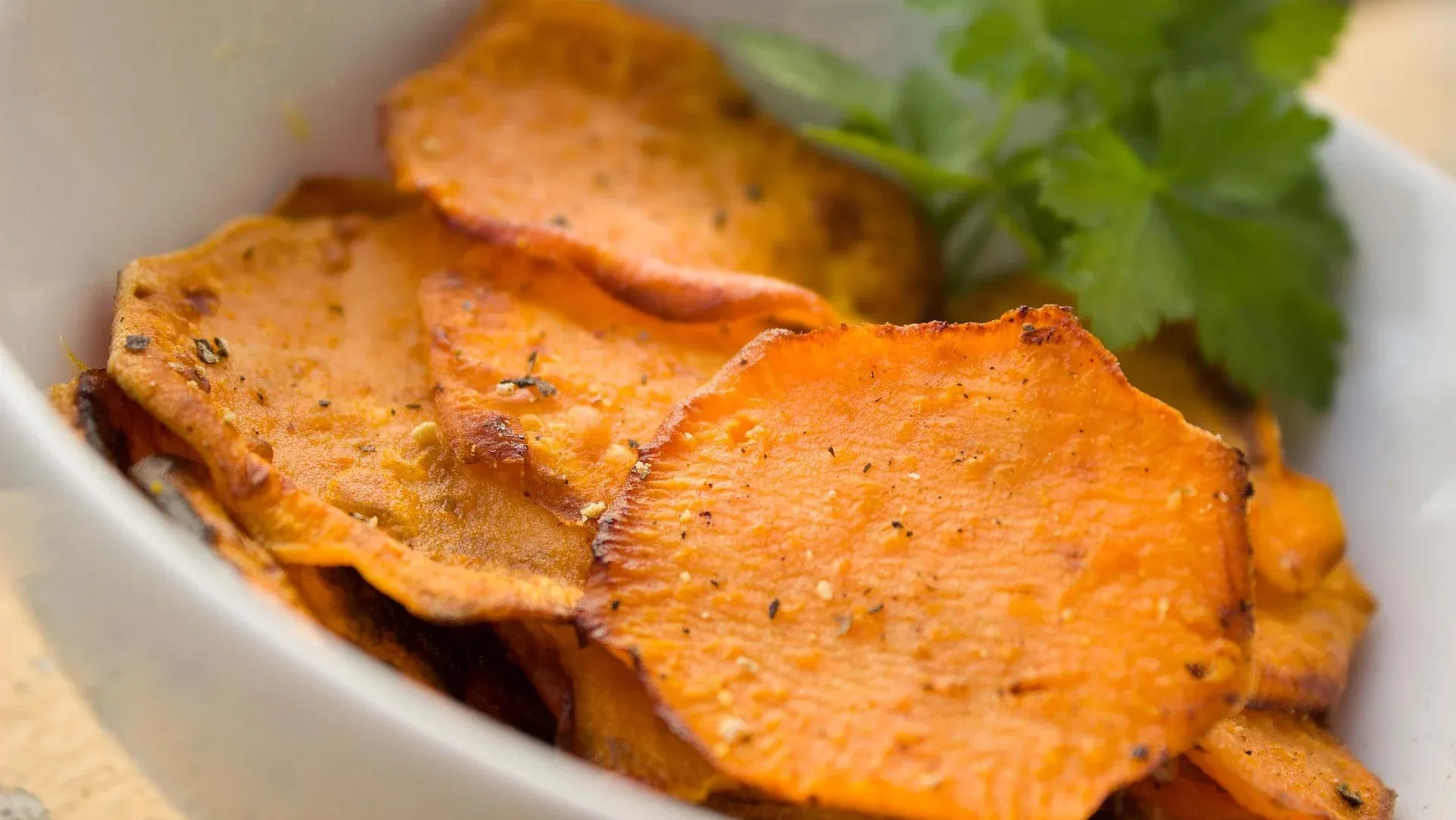 Baked sweet potatoes supporting dog digestive health
Baked sweet potatoes supporting dog digestive health
Explore more options in our article on what is good for dogs to eat.
Green Beans
Plain green beans offer vitamins, especially B vitamins, omega-3s, calcium, iron, and fiber—making them a nutrient-dense treat. Steam, boil, or serve raw, but skip any salt or seasonings.
They’re low-calorie, ideal for weight management in dogs.
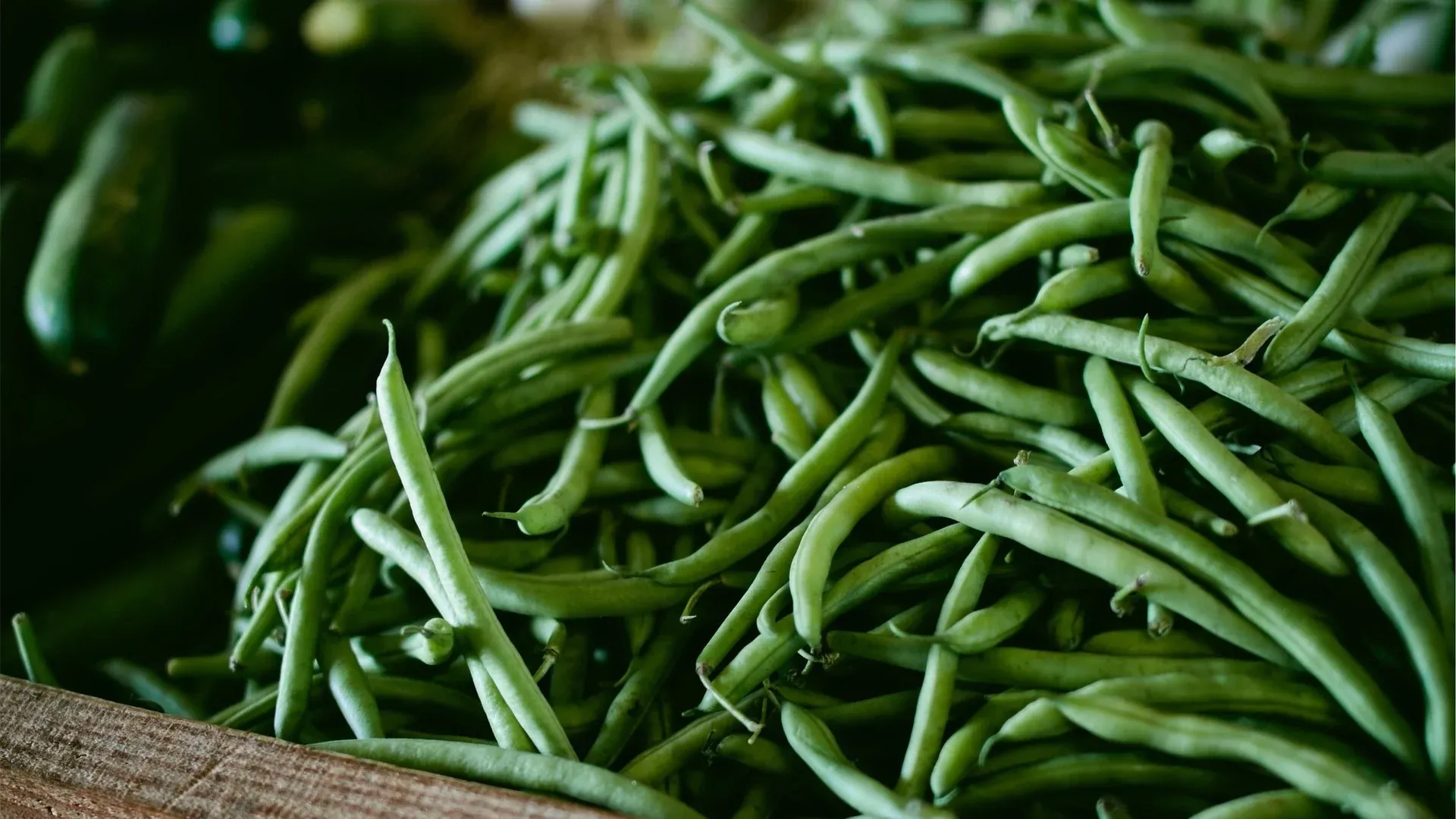 Steamed green beans packed with vitamins for dogs
Steamed green beans packed with vitamins for dogs
Cucumbers
Cucumbers provide hydration and vitamins with minimal fat or calories, perfect for overweight dogs wondering what foods are good for dogs to eat. Slice them thinly for a refreshing crunch.
They’re 95% water, great for hot days.
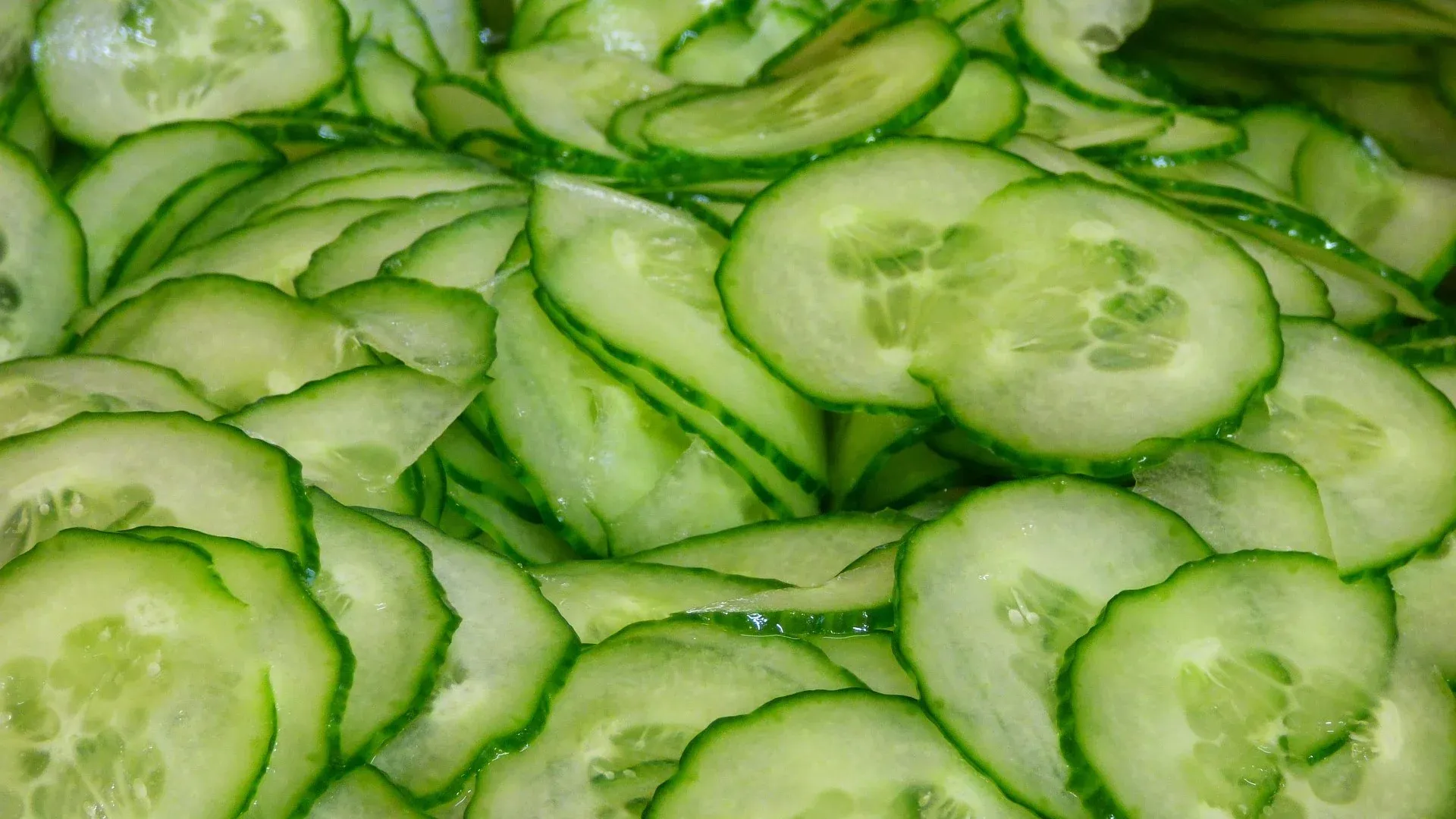 Sliced cucumbers as low-calorie dog snacks
Sliced cucumbers as low-calorie dog snacks
Peanut Butter
Opt for xylitol-free peanut butter, rich in healthy fats, niacin for digestion, and vitamin E for skin health. A small lick from a spoon or stuffed in a toy delights most dogs.
Always check labels, as xylitol is toxic.
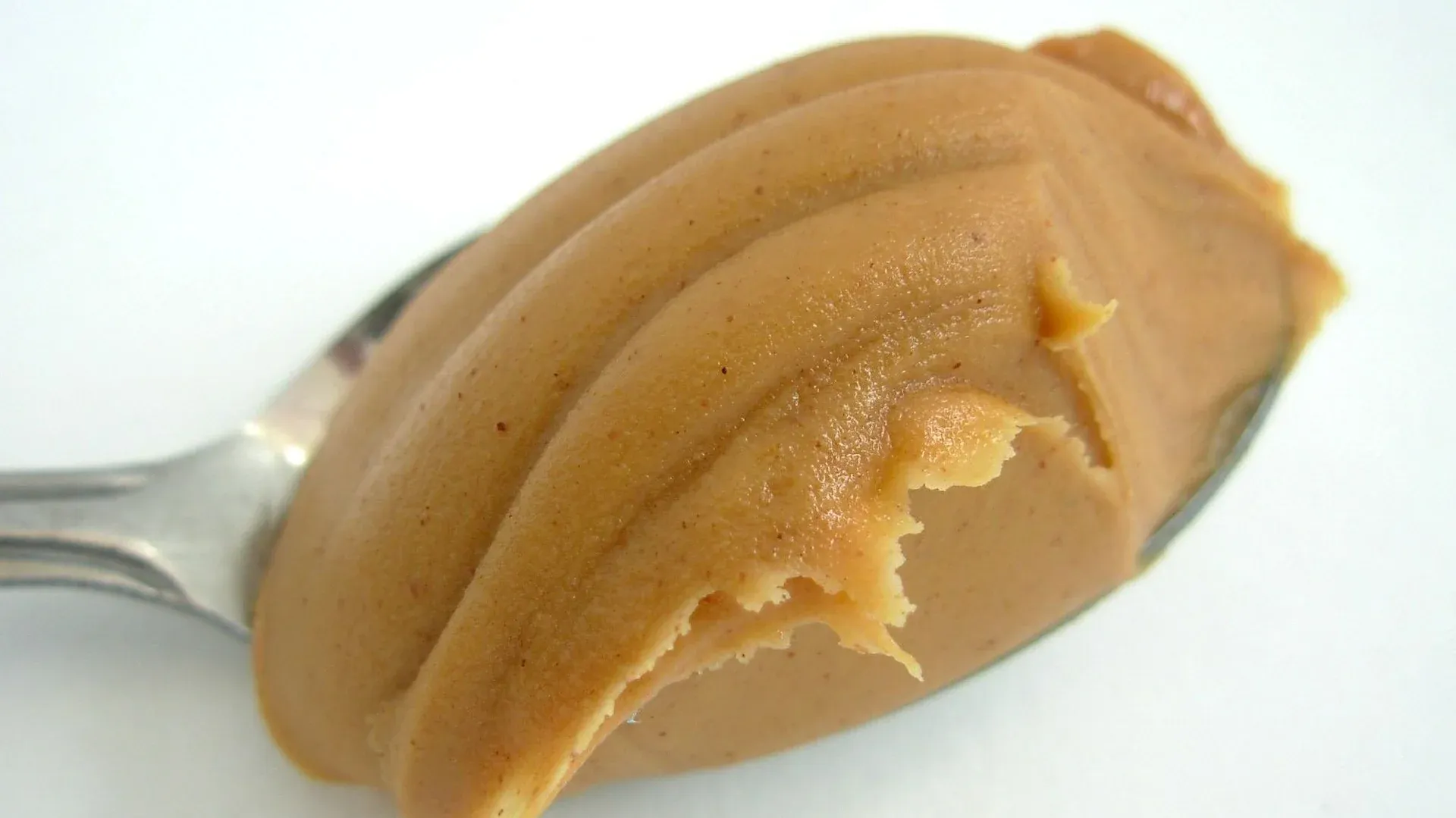 Xylitol-free peanut butter for dog treats
Xylitol-free peanut butter for dog treats
Apples
Apples deliver vitamins A and C plus fiber, low in protein and fat—suitable even for senior dogs. Remove seeds and core to avoid choking or cyanide risks; freeze slices for a cool treat.
They’re a sweet, crunchy option in moderation.
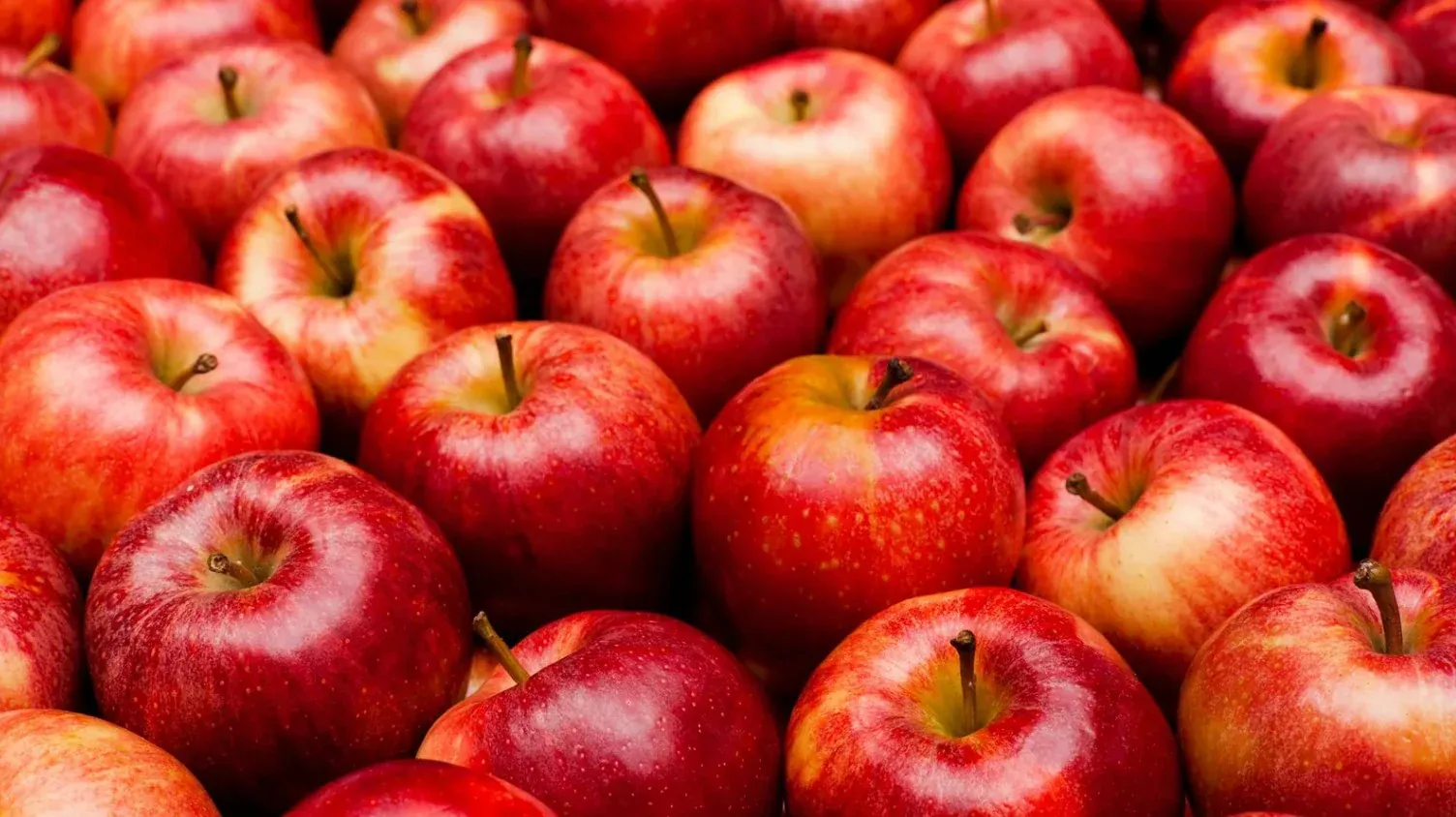 Apple slices safe for dogs after coring
Apple slices safe for dogs after coring
For breed-specific advice, see what human food can maltipoos eat.
Blueberries
These antioxidant-rich superfoods protect cells, supply vitamins, minerals, and fiber. Use them as training rewards—their small size is perfect.
Some wet dog foods include blueberries for vitamin K, aiding bone health and wound healing.
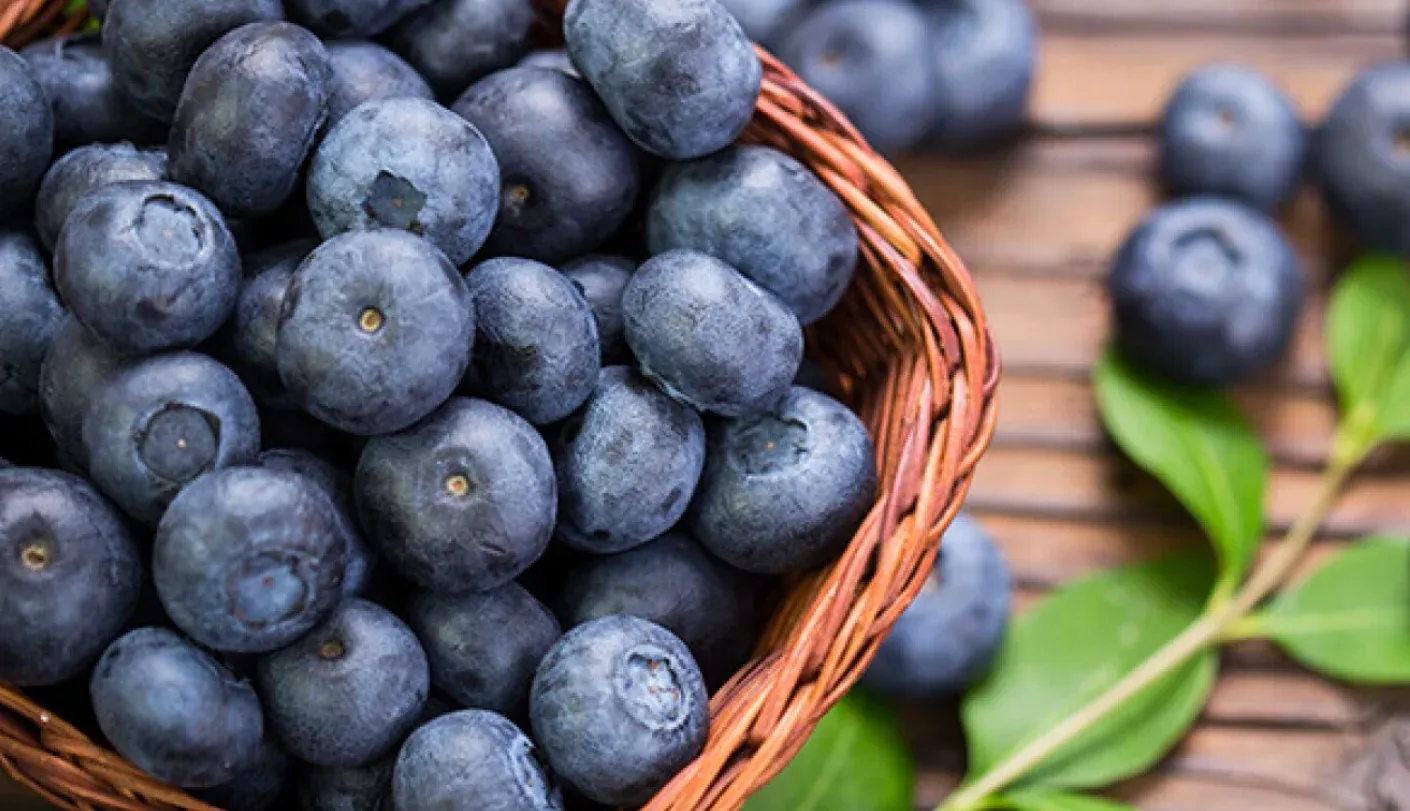 Blueberries as antioxidant-packed dog rewards
Blueberries as antioxidant-packed dog rewards
Cranberries
Fresh or dried cranberries support urinary tract health, reduce plaque, and offer antibacterial properties in small amounts. They’re in some superfood dog kibbles with chicken.
Avoid sweetened versions to prevent tummy upset.
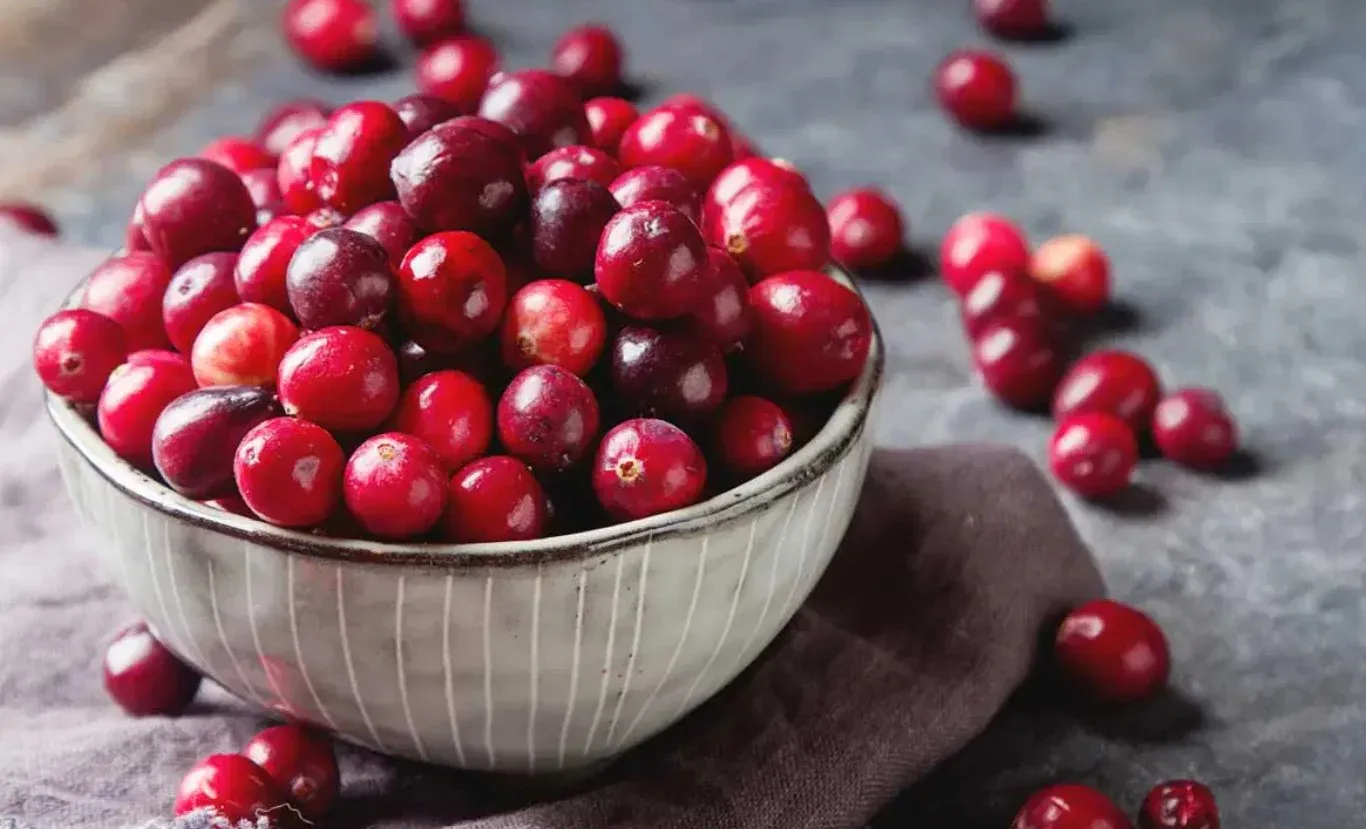 Cranberries benefiting dog bladder and dental health
Cranberries benefiting dog bladder and dental health
Broccoli
Broccoli provides fiber, protein, vitamins A, C, E, K, and minerals like calcium for strong bones. Antioxidants reduce inflammation; chop florets finely and skip stalks.
Cook lightly to enhance digestibility.
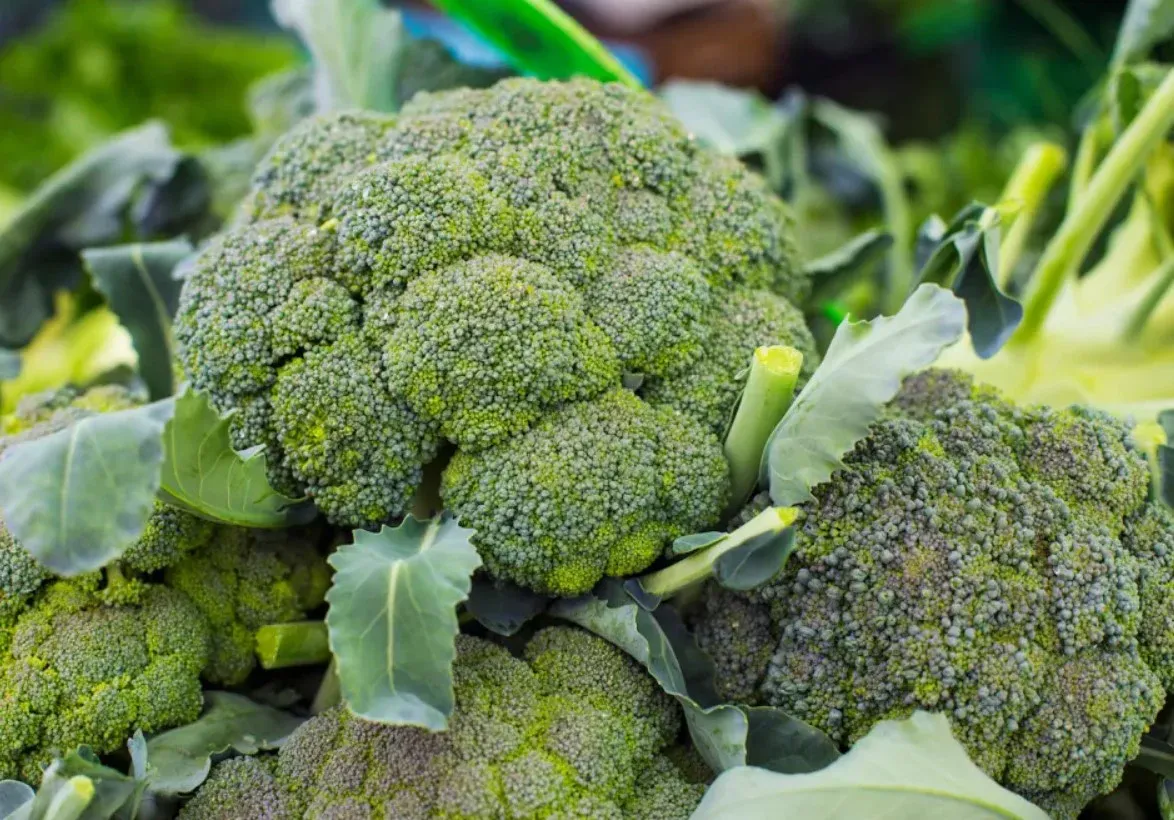 Chopped broccoli florets for dog nutrition
Chopped broccoli florets for dog nutrition
Learn about what is good for dogs to eat human food.
Toxic Human Foods to Avoid
Certain foods are dangerous, even in tiny amounts. Chocolate’s theobromine and caffeine overload a dog’s system—darker varieties are worst. Grapes and raisins cause kidney failure. Onions, leeks, and garlic damage red blood cells via N-propyl disulfide. Xylitol in sweets triggers insulin spikes and liver failure. Macadamia nuts affect muscles and nerves.
For a full list of what dogs can’t have, refer to our resource.
If your dog ingests any, contact a vet or pet poison hotline immediately—symptoms can escalate quickly.
Conclusion
Sharing safe human foods like carrots, blueberries, and pumpkin can enrich your dog’s diet when done right, answering what foods are good for dogs to eat. Always prioritize moderation, plain preparations, and your vet’s guidance for optimal health. These treats strengthen your bond while supporting immunity, digestion, and vitality.
Ready to try some? Monitor your pup and consult professionals for tailored plans.
References
- VCA Animal Hospitals: Xylitol Toxicity in Dogs (vcahospitals.com)
- American Kennel Club: Human Foods Safe for Dogs (akc.org)
- Pooch & Mutt: Nutritional Insights on Dog-Safe Produce
